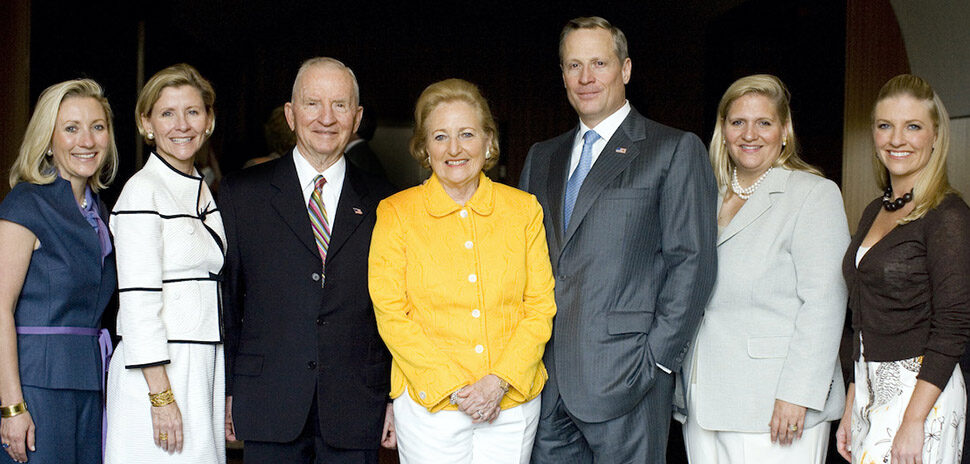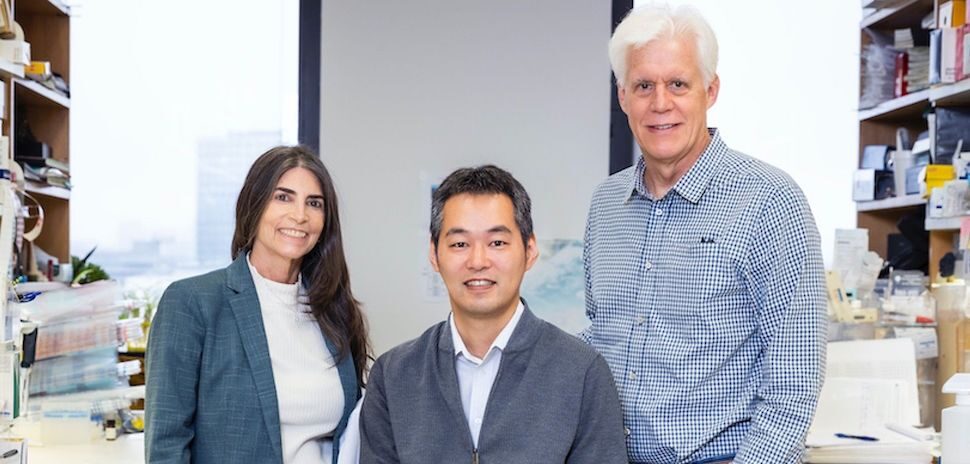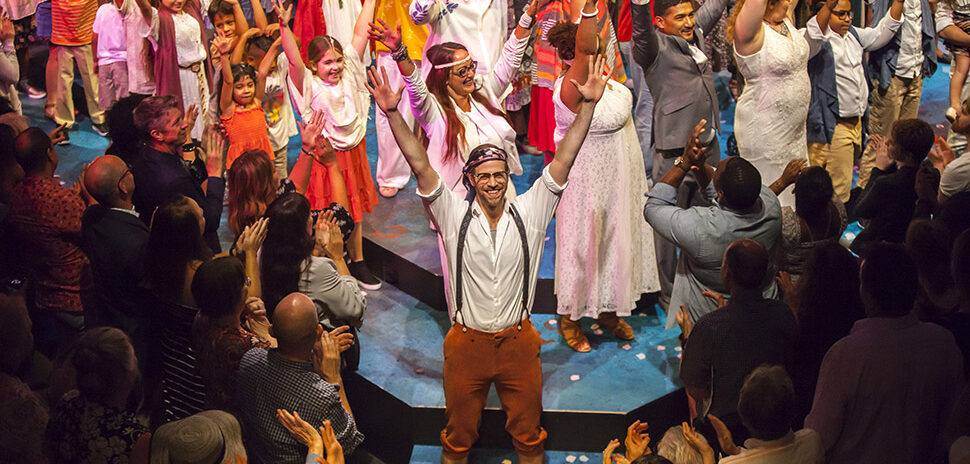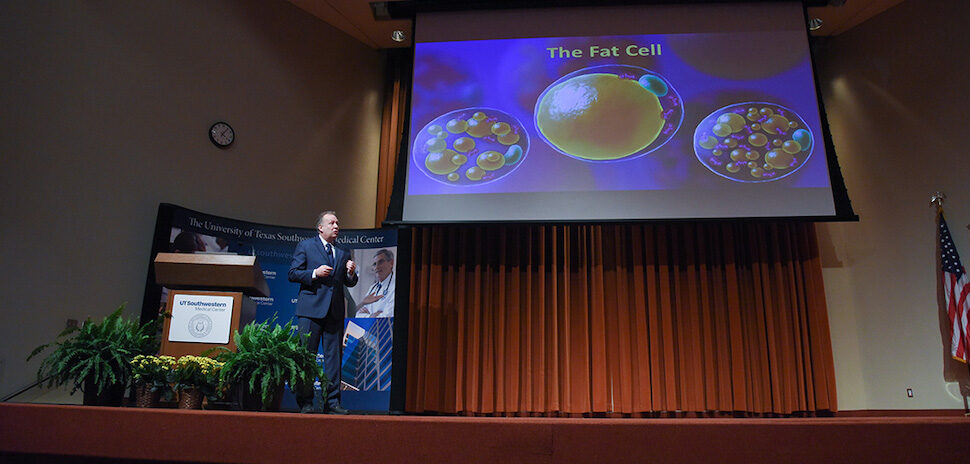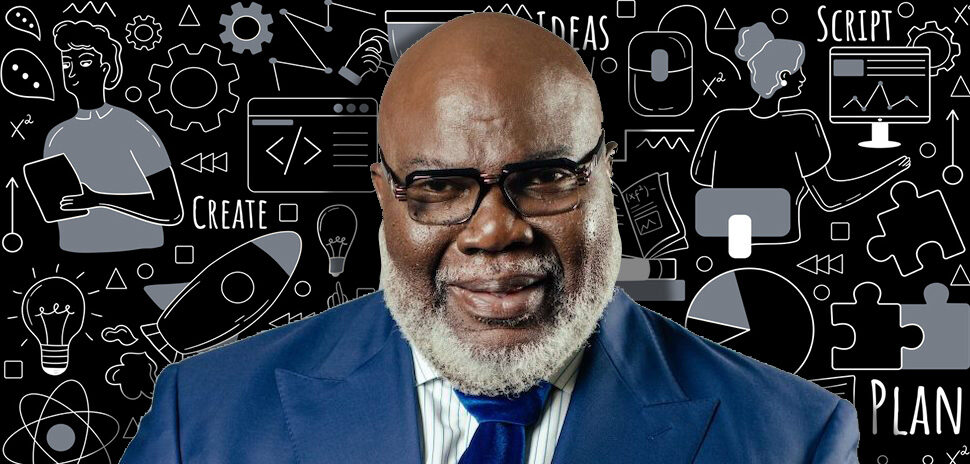This year’s recipients of the Rainwater Annual Prize for Outstanding Innovation in Neurodegenerative Disease Research and for Innovative Early Career Scientist have been announced by the Fort Worth-based Rainwater Charitable Foundation, one of the largest independent funders of neurodegenerative disease research.
The foundation said that this year’s Outstanding Innovation Prize of $400,000 will be awarded to a team: Dr. C. Frank Bennett, Ionis; Dr. Don W. Cleveland, University of California San Diego (UCSD); and Dr. Timothy M. Miller, Washington University. The foundation said that Dr. Susanne Wegmann, German Center for Neurodegenerative Diseases (DZNE) will be awarded the $200,000 Rainwater Prize for Innovative Early-Career Scientist.
“I could not be more excited about this year’s winners of the Rainwater Prize,” Todd Rainwater, trustee of the Rainwater Charitable Foundation, said in a statement. “The presentation of the Outstanding Innovation Prize to a collaborative group of scientists advancing drug discovery efforts recognizes the importance of team science. The selection of Dr. Wegmann for this year’s early-career prize highlights the exciting scientific discoveries happening in Europe and across the globe. I know my dad would be so proud of these scientists and their important advances to the field.”
Seeking groundbreaking treatments for neurodegenerative diseases
The Rainwater Charitable Foundation was launched in the early 1990s by Fort Worth billionaire and philanthropist Richard E. Rainwater. It supports a range of programs in K-12 education, medical research, and other causes. After Rainwater was diagnosed with a neurodegenerative disease in 2009, the foundation created the awards for research and treatment of diseases related to tau protein accumulation in the brain. Rainwater died in 2019.
The prizes will be presented during the Eurotau 2023 Conference on April 27 in Lille, France, the foundation said.
The program recognizes scientific progress toward new treatments for neurodegenerative diseases associated with the accumulation of tau protein in the brain and it fosters scientific discovery by elevating awareness of the gaps in neurodegenerative research, bringing new researchers into the tauopathy field, and awarding scientific achievements that could lead to innovative, effective treatments, according to the foundation.
Cleveland, Bennett, and Miller and Wegmann were nominated based on published and peer-reviewed research that contributed significantly to neurodegenerative disease research, the foundation said. The winners were selected based on the quality of research and applicability to a tauopathy, leadership, mentorship, and positive impact within the scientific community.
Rainwater Prize for Outstanding Innovation in Neurodegenerative Disease Research recipients
Bennett, Cleveland and Miller were honored for their collaborative work advancing antisense technology for the treatment of neurodegenerative diseases including ALS, Huntington’s disease, Alzheimer’s disease and tauopathies over the past 20 years.
Bennett, chief scientific officer at Ionis, continues to advance antisense technology and expand Ionis’s drug discovery platform. He has been working on antisense oligonucleotides for the past 30 years. Bennett started investigating the potential of antisense technology for developing therapies for ALS and spinal muscular atrophy (SMA) nearly 20 years ago. The first drug for the treatment of SMA, nusinersen, was approved by the FDA in 2016 and has been approved in more than 50 countries worldwide. Bennett is working on a treatment for Huntington’s disease that is in late-stage clinical trials and is leading the discovery and development of other drugs for neurological diseases.
Cleveland, chair and distinguished professor of cellular and molecular medicine at UC San Diego, discovered, purified, and determined the properties of the tau protein, the major component of the intracellular filamentous deposits that the foundation said define a number of neurodegenerative diseases including Progressive Supranuclear Palsy. Along with Bennett and Miller, he developed designer DNA drugs that utilize technology that silence genes in the human nervous system that have been studied in seven different clinical trials, aiming to treat ALS, Huntington’s Disease, Parkinson’s Disease, and Alzheimer’s Disease.
Miller, vice chair of research and David Clayson Professor of Neurology at Washington University School of Medicine in St. Louis, has been a leader for more than two decades in helping uncover effective therapies for neurodegenerative diseases including ALS and tauopathies. In 2007, he created an ALS translational research program and launched promising trials to improve the lives of people with neurological disorders. The latest results using the SOD1 ASO developed with Cleveland and Bennett show a dramatic effect on slowing of SOD1 ALS, the foundation said. His lab led the early stages of development of BIIB080/IONIS-MAPTRx, an antisense drug that lowers tau mRNA and protein as a therapy for tauopathies.
“This prize is an honor and I look forward to using this research funding to further the next generation of efforts,” Cleveland said in a statement. “The Rainwater Prize money will help continue the development of strategies to grow new neurons and suppress Tau chronically.”
Rainwater Prize for Innovative Early-Career Scientist
Wegmann, research group leader at DZNE, is studying tau protein actions in neurodegenerative diseases by utilizing different experimental models and methodologies to discover tau’s normal function and misfunction in the diseased brain. Wegmann finds a way to master the difficult translational leap, from test tube to human, by validating biochemical, biophysical, and cytological results on postmortem human brain tissue. Her interest in solving difficult problems drove her to get an engineering degree and later expand into biophysics and brain pathology of tau. Wegmann and her group are focused on identifying new interactions of tau and determining the role of tau phase separation in Alzheimer’s disease and tauopathies, the foundation said.
“I feel very honored! With the prize money, I will further push my research into how the tau protein exerts its toxic effect in different ways, which are not fully understood,” Wegmann said in a statement. “We do not understand the actual function of this protein yet and will try to expand our knowledge of its basic biology to aid in disease research.”
![]()
Get on the list.
Dallas Innovates, every day.
Sign up to keep your eye on what’s new and next in Dallas-Fort Worth, every day.











